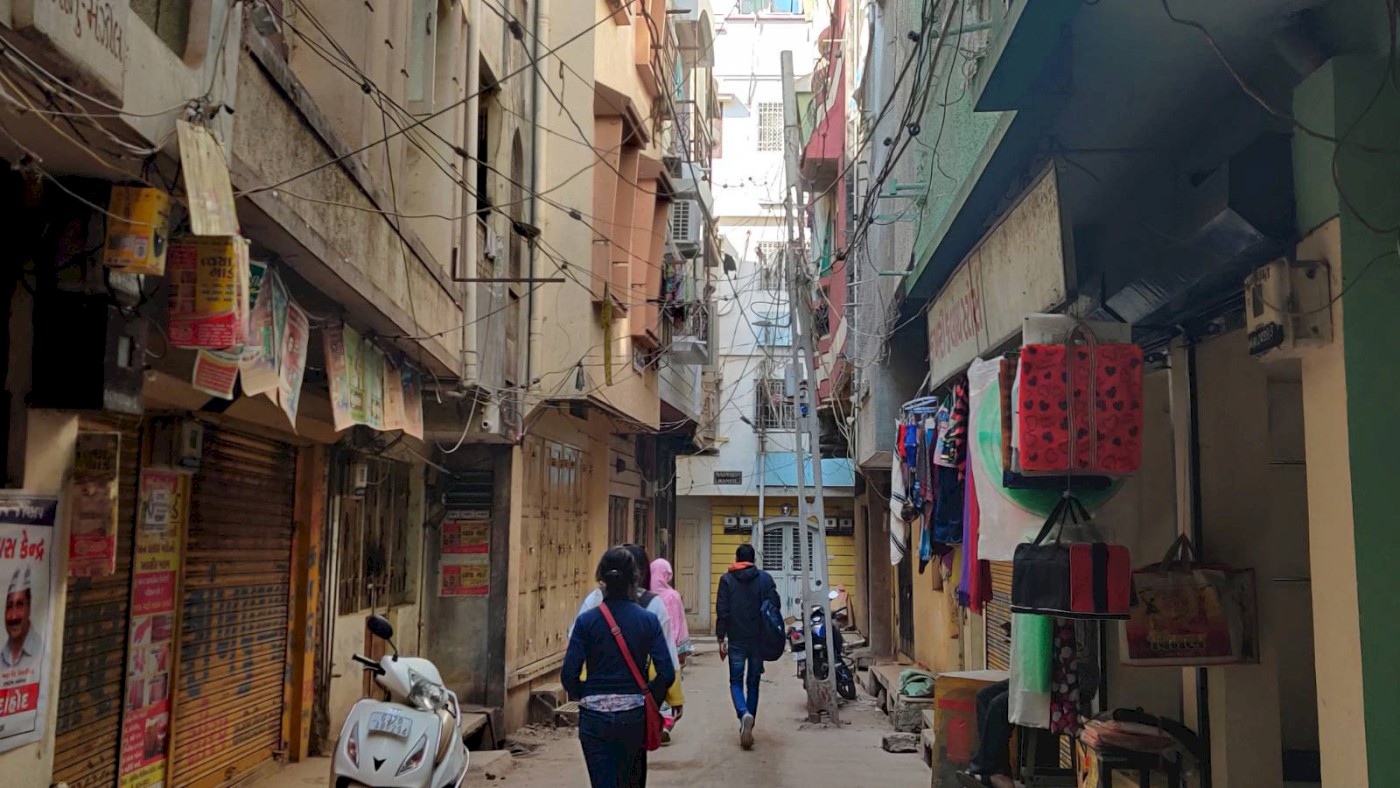26 March 2025
A Comparative Study of India and China Shows How Women Forge Their Futures Through Education

In India and China, growing numbers of young women are entering higher education. For them, the opportunity holds out the promise of lives different from those of their mothers and grandmothers. Meanwhile, both countries have patrifocal family systems that associate ethical, respectable femininity with the home.
A special issue on Gender, aspiration and power in Inter-Asia Cultural Studies co-edited by Leya Mathew, Assistant Professor, School of Arts and Sciences, Ahmedabad University, curates six articles that explore how women and those assigned female at birth grapple with these contradictions and forge paths for themselves through education. The special issue editors Fran Martin, Leya Mathew, Renu Singh and Hao Zheng began this collaborative endeavour at the Inter-Asia Cultural Studies Conclave held at Ahmedabad University in July 2023.
In their introduction to the special issue, Professor Mathew and Fran Martin explain the similarities and differences between the Chinese and Indian contexts. In both countries, young women inhabit educational projects with enormous optimism. However, while in China education is intricately tied to migration, the scale of movement in India is limited. China’s economic growth and internationalisation agenda have spurred outward education flows among the urban middle classes even as internal geographical hierarchies have normalised moving within the country for education.
Centralised exams affect all school students and channel large scale migration. In comparison, in India, the predominance of general education and regional state-run colleges makes for an undifferentiated mass system and family directed mobility paths for women, typically over shorter distances. International migration is limited, and affordable options are unavailable. But even small movements have large effects as education affords incremental distance to hopeful futures.
The sharpest contrast between the two countries has to do with women’s employment and financial independence. Chinese women’s historically high labour participation rates and the relative availability of diverse avenues of work today are crucial resources that are unavailable to Indian counterparts. Educated women in India keep striving for “respectable” employment, often through continuing education or preparing for recruitment exams, while educated women in China struggle to manage the challenges posed by professional careers to fulfilling neo-traditionalist, family-centric gender expectations.
Professor Mathew’s individual paper in the issue shows how imagined futures break down post-college and Indian women build new aspirations directed towards entrepreneurial conjugality. With labour markets, marriage expectations, immigration laws, and gender transition regimes indifferent or even hostile to female and gender minority desires, education is especially precious because it offers the possibility of mobility, and makes im/mobility meaningful.
See the special issue “Gender, Aspiration and Power: Education Mobilities in China and India” here



